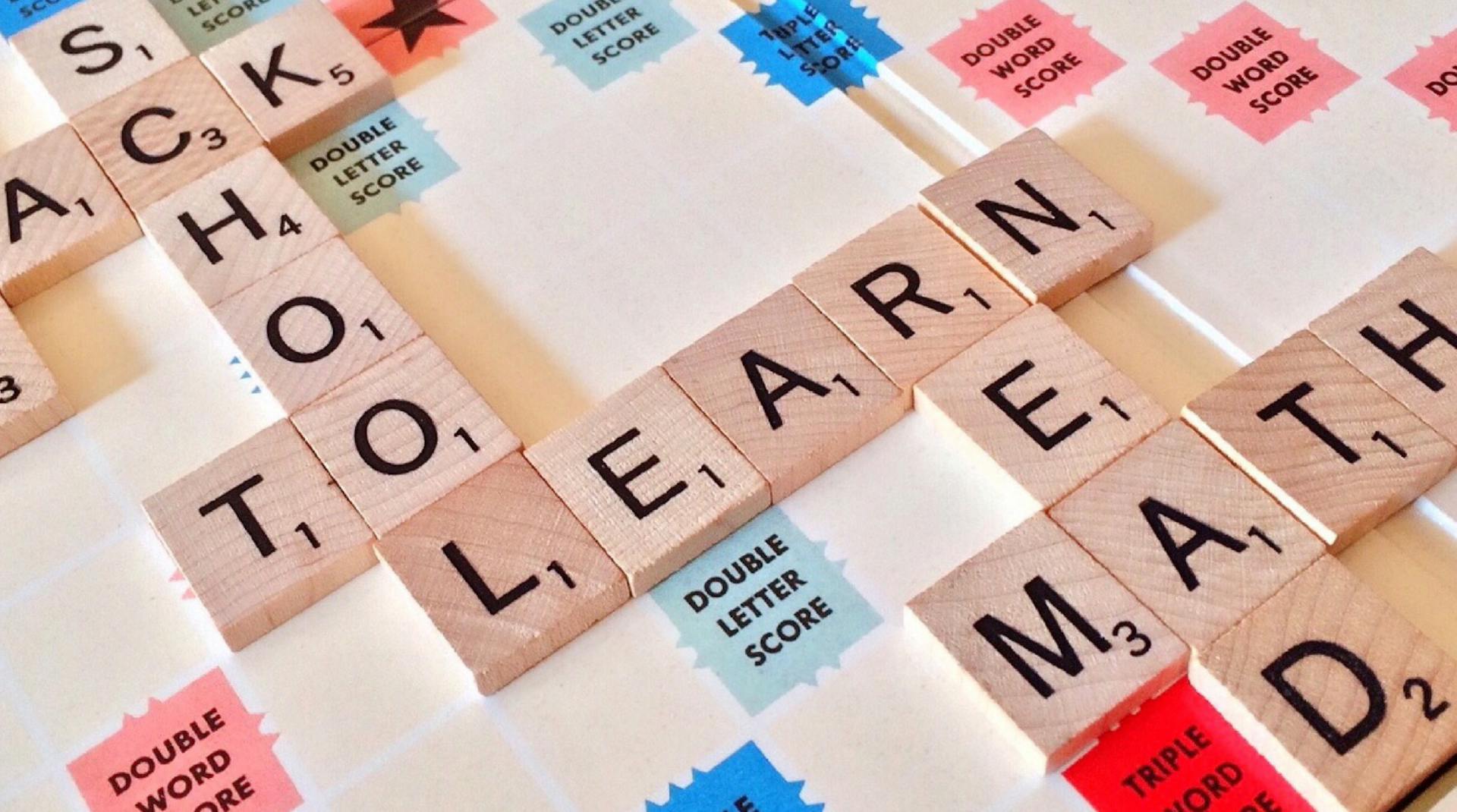
As an advanced English learner, have you ever struggled to make small talk with native English speakers? Do you feel social anxiety when trying to start a conversation? If so, this blog post is for you! We'll be sharing 5 flexible techniques to help you improve your social English skills and make people talking.
Starting conversations with strangers can be intimidating, but it doesn't have to be. Ice-breaker questions or small talk topics like the weather ("we've had some crazy storms lately, haven't we?") are great conversation ideas that can help ease the tension. But even if you find yourself in a live "ummm" moment, don't worry - this article won't suggest memorizing dialogues or learning specific phrases. Instead, we'll explore a bit unconventional but effective ways to practice English and talk differently depending on the situation.
Our portable PDF copy download will guide you through each technique step-by-step. Technique 1 will teach you how to find things in common with others by asking about their favorite thing - it's simple but surprisingly effective! Stay tuned for more valuable tips on improving your social skills as an English learner.
Technique 1: Ask About a Favorite Thing
Starting conversations can be tough, especially when you're meeting someone for the first time. But fear not, there's a good safe technique you can use to break the ice: ask about their favorite thing. Whether it's their favorite movie, TV show, music group or even their favorite waffle topping, it's pretty obvious that people like talking about things they're interested in.
So next time you're at a party or meeting someone new, try asking "Hey, what's your favorite city?" or "What's your favorite animal?" and watch as the conversation starts flowing. By asking about their favorite thing, you're showing interest in them and giving them an opportunity to share something they love.
Once they've answered your question, don't just stop there. Use follow-up questions to keep the conversation going. Ask why they love that particular thing or if they have any funny stories related to it. Before you know it, it'll be Saturday morning and you'll still be chatting away about their favorite beach or pen.
Add Humor to Your Conversations with Technique 5
Good sense of humor is essential when trying to socialize in English. It can help you break the ice and make a good impression on the person you're talking to. However, humor means knowing when and how to use it. As a general rule, avoid talking about sensitive topics like politics or religion, unless you know the other person's stance on them.
One of the best ways to add humor to your conversations is by using wordplay jokes or puns involving English words. These jokes are easy to understand and can be used even if you're not an advanced English speaker. Famous comedians like Jimmy Kimmel or Ellen DeGeneres often use this type of humor in their shows.
Remember that an inappropriate joke can have an unintended bad effect on the person you're talking to. So, before practicing English jokes involving puns or wordplay, make sure they are not offensive or insensitive towards any group of people. With practice, you'll become more confident in adding humor to your conversations and even making native speakers laugh!
The Significance of Enhancing Academic English for ELLs

Enhancing academic English is significant for English Language Learners (ELLs) because it can help them become academically proficient. While learning social English is important to communicate socially and engage in playground talk, academic English is essential for success in future schooling. Academic English refers to the language used in a standards-based curriculum, which includes the academic vocabulary needed for content knowledge.
It is crucial to teach ELLs academic English words and vocabulary words that are on official lists, such as those provided by state education departments. This will help students understand what they are reading and writing, as well as enable them to participate fully in classroom discussions. By enhancing their academic English skills, ELLs will be better equipped to succeed academically and beyond.
What can I do to help my students develop both social and academic English?
Ways to develop both social and academic English skills in students of all levels involve creating opportunities for meaningful social language use, including ells in classroom discussions, and incorporating explicit instruction of academic vocabulary. The integration of technology can also be helpful in promoting language development through interactive activities and simulations. Encouraging students to read frequently and critically analyze texts further aids in their academic English growth.
1. Use social English to teach academic English
Using social English as a foundation to teach academic English is an effective strategy for helping ELLs reach their full potential. Social English refers to the language used in everyday conversations, which is different from academic English. By providing contextual support and building on social English, intermediate-level ELLs can learn how to communicate effectively in academic settings.
One way to teach academic English is to add content vocabulary to units that focus on social issues or current events. Cooperative group projects can also be useful in teaching academic language and promoting collaboration among students. For advanced ELLs, integrating authentic materials such as news articles or scholarly texts can provide a more challenging learning experience. Overall, using social English as a starting point provides a strong foundation for teaching academic language and supporting the success of intermediate ELLs.
2. Challenge students' thinking
Challenging students' thinking is an essential part of teaching social English to ELLs. While early intermediate students might have fairly limited expressive skills, it's important to engage them in advanced thinking and higher levels of language proficiency. For example, teachers can use rural life as a starting point for United States lessons, but also draw typical city and rural scenes synthesis to help students discover strategies for producing short statements.
Teaching content areas beyond basic language expectations is crucial for helping ELLs reach advanced English proficiency levels. By using academic English and challenging students' thinking, teachers can help them develop critical thinking skills that will be useful throughout their lives. Additionally, exposing ELLs to a variety of topics and perspectives can help broaden their country knowledge and better prepare them for navigating the world around them.
Share your Thoughts: Leave a Comment Here!

I believe social English is becoming increasingly important in today's society. With the rise of digital communication, we are constantly communicating through text formats such as email, instant messaging, and social media. It's essential to understand how to use proper grammar and punctuation while still maintaining a casual tone in these forms of communication. What are your thoughts on the importance of social English?
Technique 4: Play Word Association
Word association is a technique used by psychiatrists to help patients make connections between their thoughts and emotions. It involves saying a word and asking the patient to respond with the first word that comes to mind. However, this technique isn't limited to a psychiatrist's office. You can use it in your daily conversations to improve your social English skills.
To play word association, you can use a random word generator or simply think of a word and ask your conversation partner to respond with the first thing that comes to mind. For example, if you say "happiness," they might respond with "honest." By doing this, you're encouraging them to think creatively and expand their vocabulary.
It's important to note that the goal of playing word association isn't necessarily to come up with logical connections between words. Instead, it's about stimulating conversation and having fun while learning new vocabulary. So next time you're struggling with small talk, try playing word association and see where the conversation takes you!
Frequently Asked Questions
How do you engage in small talk?
To engage in small talk, ask open-ended questions, listen actively, find common ground, and share your own experiences. Remember to be respectful and genuine in your interactions.
Should you use icebreakers in your meeting?
Yes, using icebreakers in your meeting can help to create a more relaxed and open atmosphere, encourage participation, and improve communication among team members. However, it's important to choose appropriate icebreakers that align with your meeting goals and the preferences of your attendees.
How can I learn English fluently?
To learn English fluently, immerse yourself in the language by speaking with native speakers, watching English movies and TV shows, and reading English books. Practice regularly and don't be afraid to make mistakes as they are a natural part of the learning process.
How do you keep a conversation flowing?
One way to keep a conversation flowing is by asking open-ended questions and actively listening to the other person's responses. It's also important to share your own thoughts and experiences, and avoid interrupting or dominating the conversation.
How can i Improve my English language skills?
To improve your English language skills, read extensively in English, practice speaking with native speakers or language exchange partners, and watch English TV shows and movies with subtitles.
Featured Images: pexels.com